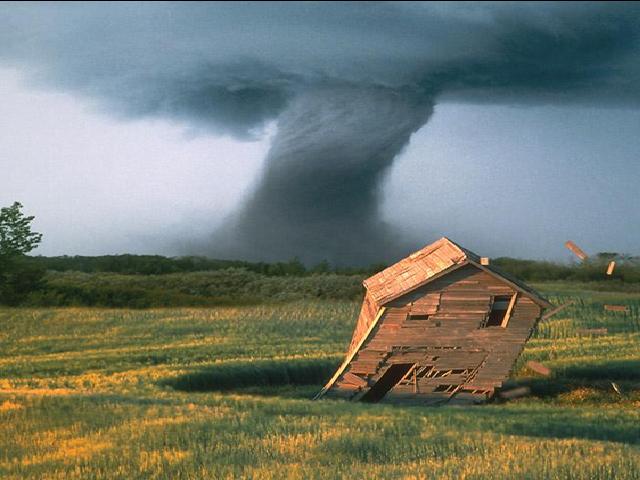The latest planetary science continues to show the gravity and urgency of the need for rapid action by national governments and the international community to stabilize and protect the earth’s climate system. For example, it has recently been found that nine out of the earth’s 15 known biophysical systems responsible for regulating the global climate — such as the Amazon rainforest and the permafrost of Siberia — are likely showing signs of instability, much earlier than scientists had previously predicted.
It is now well-recognized that climate change is a “threat multiplier” with a variety of implications for international peace and stability, as reflected in more frequent reference in UN Security Council discussions and outcomes, for example related to specific situations in the CAR, Darfur, Darfur, Mali, Somalia and elsewhere.
At a February 2021 UNSC high-level open debate on climate and security, naturalist David Attenborough, called climate change “the biggest threat to security that modern humans have ever faced,” calling for governments to recognize climate change as a global security threat in order to “act proportionately — and in time.”
This event is hosted in partnership with: Global Challenges Foundation, Stimson and Plataforma CIPÓ

